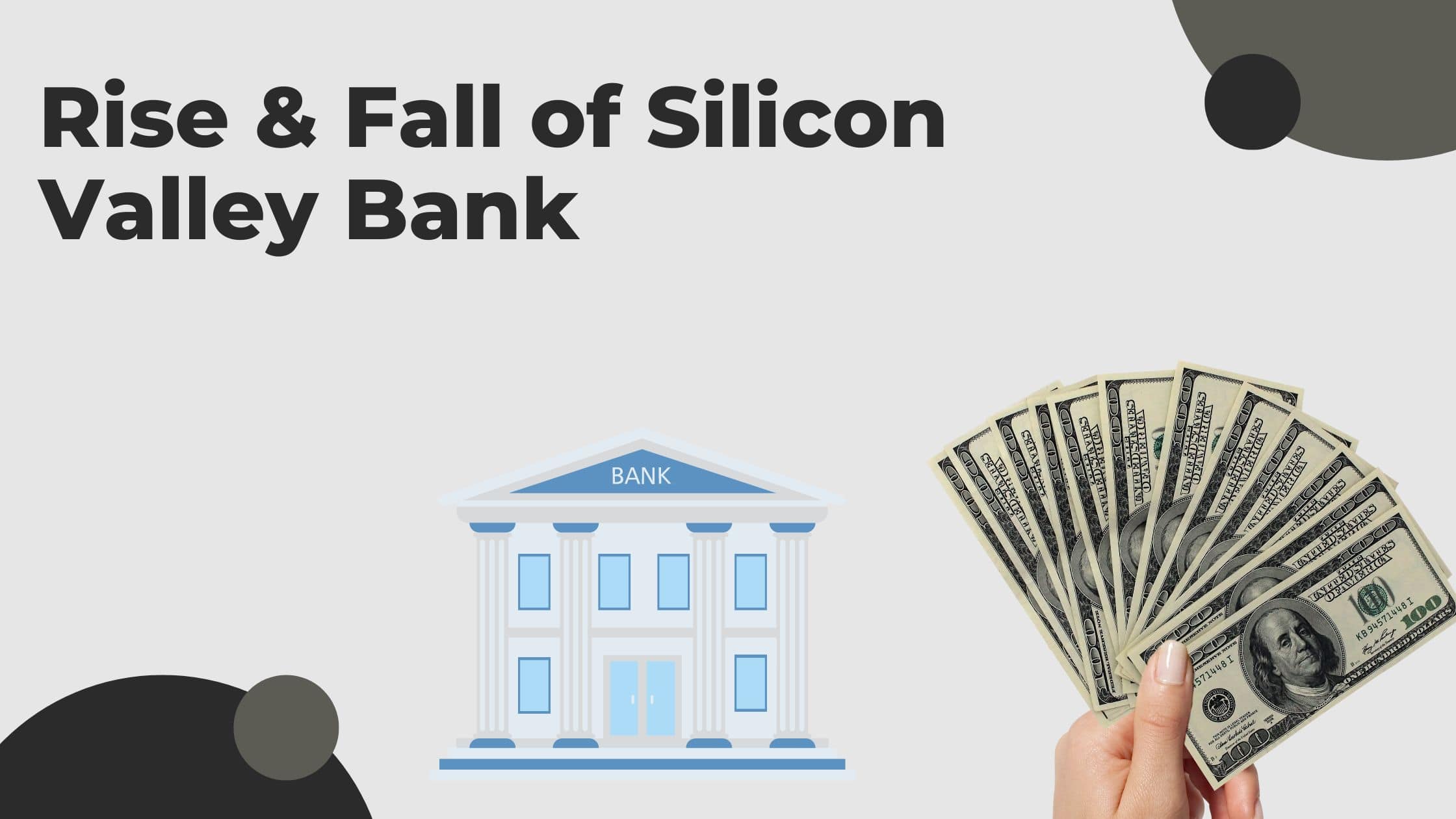Silicon Valley Bank (SVB) is a bank that was founded in 1983 in Santa Clara, California. The bank was focused on providing banking services to the technology and life sciences industries, which were booming in the area at the time. SVB quickly became a popular choice for startups and venture capitalists in Silicon Valley, and it expanded its services to other technology hubs around the world.
In the early 2000s, SVB was riding high on the wave of the dot-com boom, with its stock price reaching a peak of over $100 per share in 2000. However, the dot-com bubble burst soon after, and many of SVB's clients were hit hard. The bank was forced to write off billions of dollars in bad loans, and its stock price plummeted.
SVB struggled to recover from the financial crisis, and it was hit again by the global financial crisis in 2008. The bank was forced to take a government bailout to stay afloat, and it faced increasing competition from other banks and fintech startups in the years that followed.
Despite these challenges, SVB continued to be a major player in the technology banking space. However, in 2020, the bank announced that it was closing its operations in the UK, citing difficulties caused by Brexit and the COVID-19 pandemic. This was a major blow for the bank, as the UK had been one of its largest markets outside of the US.
While SVB has not collapsed completely, the closure of its UK operations and its ongoing struggles in the face of competition and economic uncertainty have raised questions about its long-term viability. However, the bank remains an important institution in Silicon Valley and the broader technology industry, and it continues to provide financing and other services to startups and other companies in the space.
Here are some of the factors that have contributed to its downfall:
-
The dot-com crash: SVB was hit hard by the dot-com crash of the early 2000s, which led to a significant decline in its stock price and forced the bank to write off billions of dollars in bad loans.
-
The global financial crisis: SVB was also hit hard by the global financial crisis of 2008, which forced the bank to take a government bailout to stay afloat.
-
Increasing competition: SVB faces increasing competition from other banks and fintech startups that are also focused on serving the technology industry.
-
Economic uncertainty: SVB's fortunes are closely tied to the technology industry, which is known for its boom-and-bust cycles. Economic uncertainty and volatility in the industry can have a significant impact on the bank's bottom line.
-
Brexit and the COVID-19 pandemic: In 2020, SVB announced that it was closing its operations in the UK, citing difficulties caused by Brexit and the COVID-19 pandemic.

